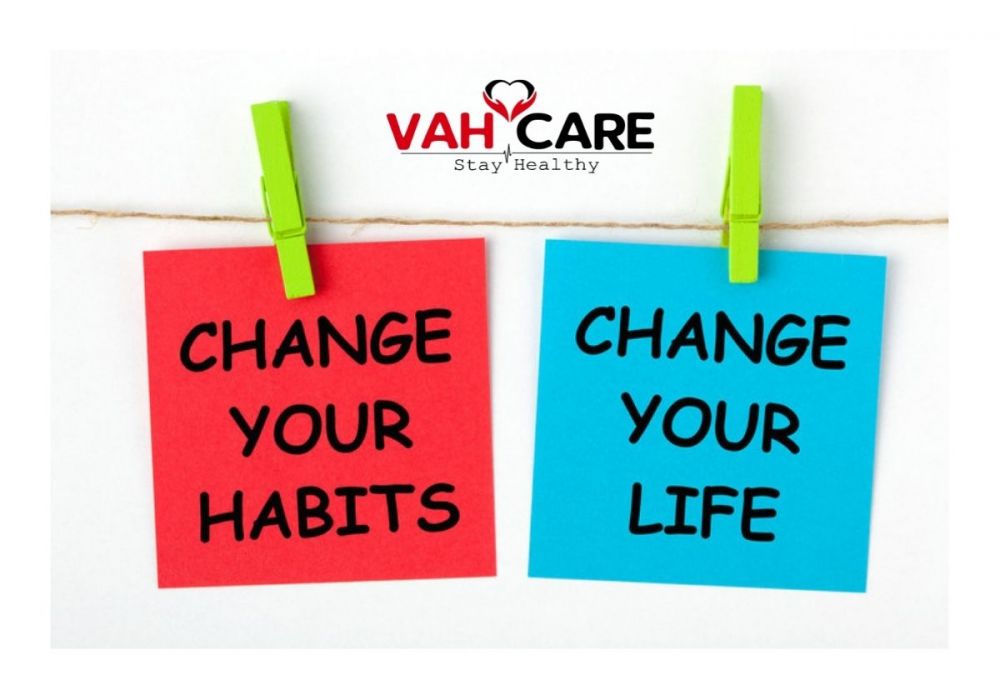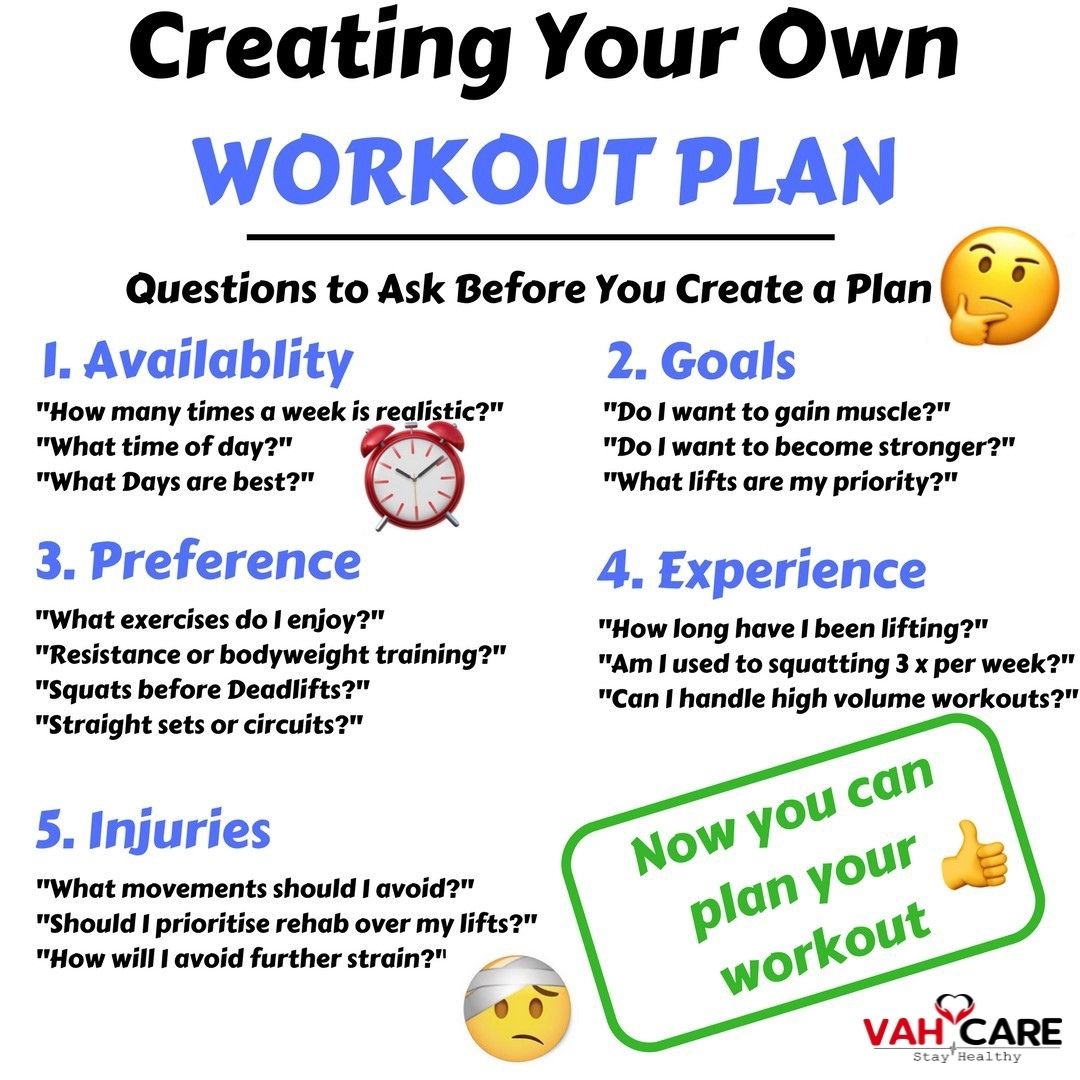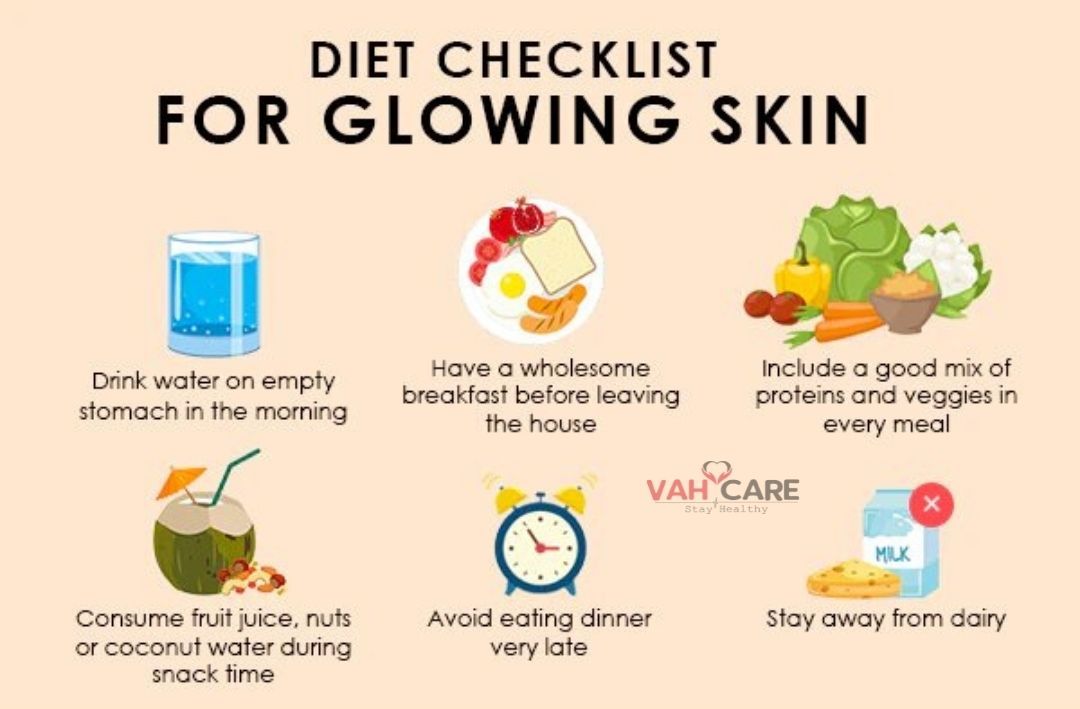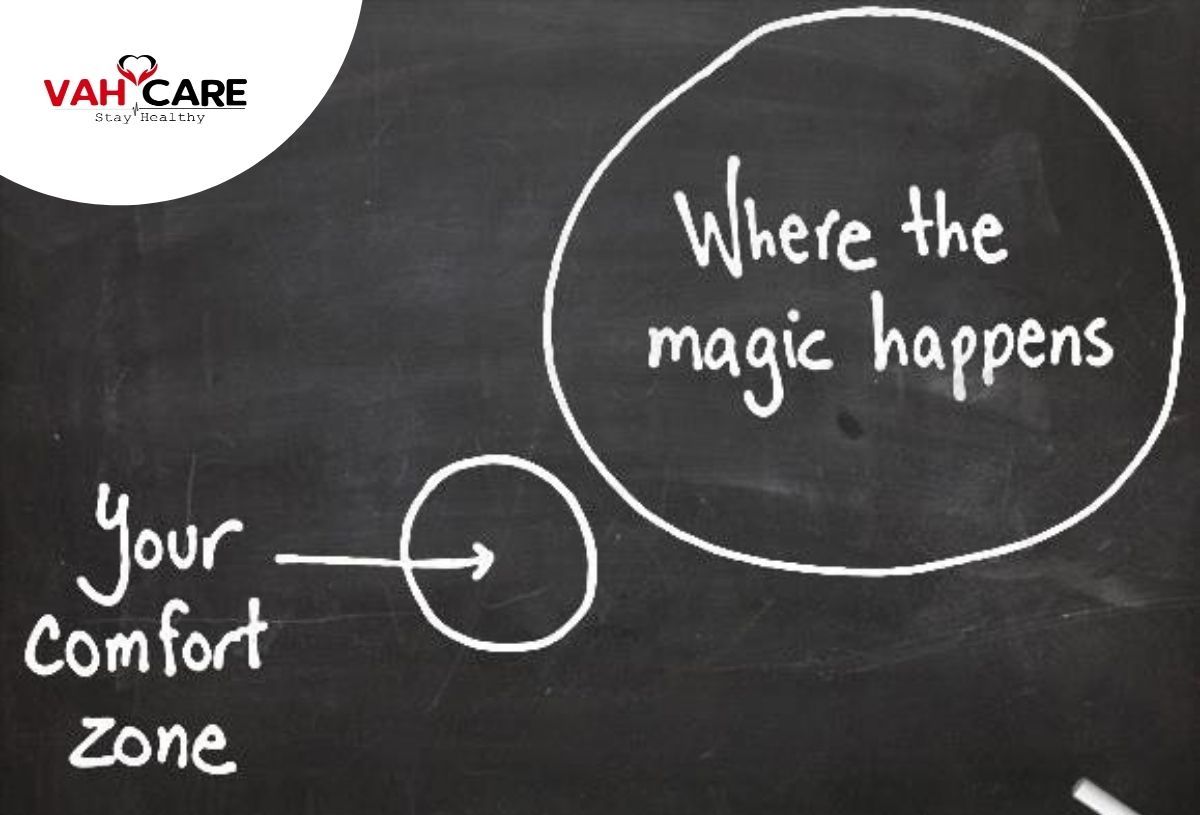

Most of us want to live long, happy, successful, and healthy lives. Unfortunately, in our pursuit of success we often take shortcuts with our health—and wind up suffering from various ailments and disabilities that we could have avoided.
Vahcare pinpointed the most prevalent seven healthy habits that anyone should be able to include in their daily lives.
1. Get your exercise
Many exercise authorities suggest 30 minutes of exercise, 5-6 days a week, giving your body one day to rest and recuperate. Something as simple as a brisk 30-minute walk can work wonders for your health and literally add years to your life. And it can be supplemented by taking the stairs at work, a 10-15 minute walk during lunch, or having a small pedaling device at your desk. The main thing is to find exercise that you enjoy, not something that’s an ordeal.

2. Always eat breakfast
Research shows that people who have breakfast tend to take in more vitamins and minerals and less fat and cholesterol. Eating things that are high in fiber and proteins keeps you feeling full and energized. These include whole-grain cereals and breads, low-fat milk, fruit, and yogurt.
3. Practice healthy eating throughout the day
This habit includes such things as eating more fruit and nuts and avoiding sugary drinks and snacks. Don’t forget portion control. If you want to live to be 100, go for larger portions of fruits and vegetables rich in vitamins, minerals, and fiber, and consume smaller portions of higher calorie foods containing large amounts of sugar and fats.

And chew your food! Many nutritionists recommend chewing each mouthful 20-30 times to get it into its most digestible form. Studies have also shown that chewing slowly reduces calorie intake by about 10%, partly because it takes your stomach about 20 minutes to tell the brain that it’s full.
4. Stay hydrated
Getting the proper amount of water is extremely important as every cell, tissue, and organ in our bodies needs water. Traditionally we’re told we need eight 8-ounce glasses of water daily, an amount that’s never been substantiated medically. Perhaps a better guide is to try to drink enough water that you urinate once every 2-4 hours, and the urine is light in color.
5. Don’t neglect dental hygiene
Some studies indicate that regular flossing could add over 6 years to your life. Why? The theory is that the bacteria that produce dental plaque enter the bloodstream and are somehow associated with inflammation that blocks blood vessels and causes heart disease. So, get in the habit of giving your teeth a good bedtime flossing and add years to your life.
6. Get your sleep
Sleep is crucial to our wellbeing. As we sleep, the brain clears away the debris of the day’s work while resetting and restoring nerve networks so that they can function fully when we wake.
We all know the most common effects caused by the lack of sleep—drowsiness, fatigue, lack of focus, and forgetfulness. But the consequences of sleep deprivation may go far beyond the well-known, and have possibly long-lasting effects on your brain.
To avoid this potential threat, develop the habit of getting a solid 7-9 hours of sleep. If you’re having trouble dozing off, keep your bedtime routine free of TV, laptop, cell phone, and other devices, and give your brain some genuine downtime.

7. Challenge yourself
We all get into ruts, doing the same things day after day, but to keep both body and mind agile, get into the habit of taking on challenges. And don’t feel embarrassed about not being an expert. Remember that every expert was once also a beginner.
